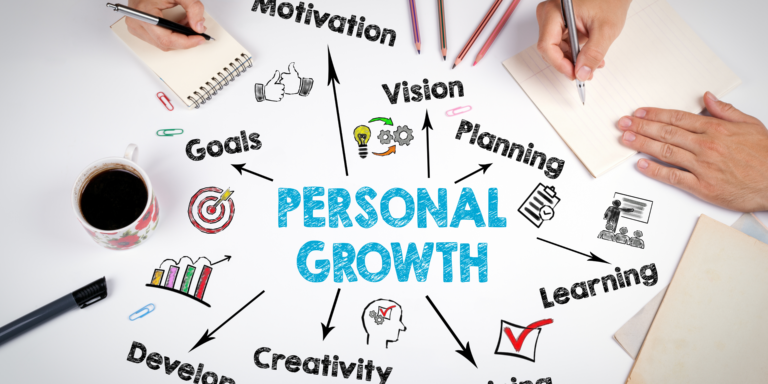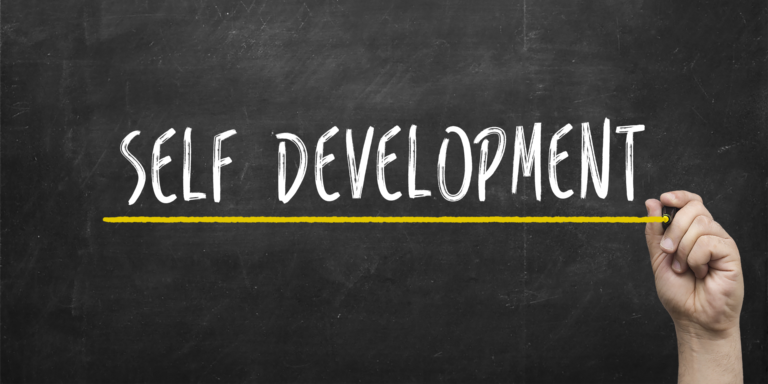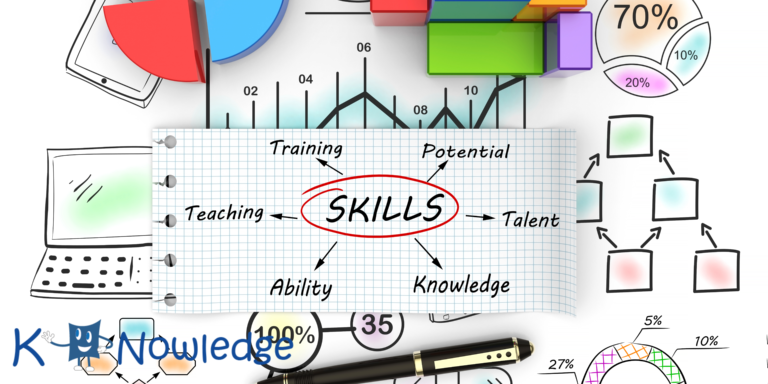Problem Solving and Decision Making
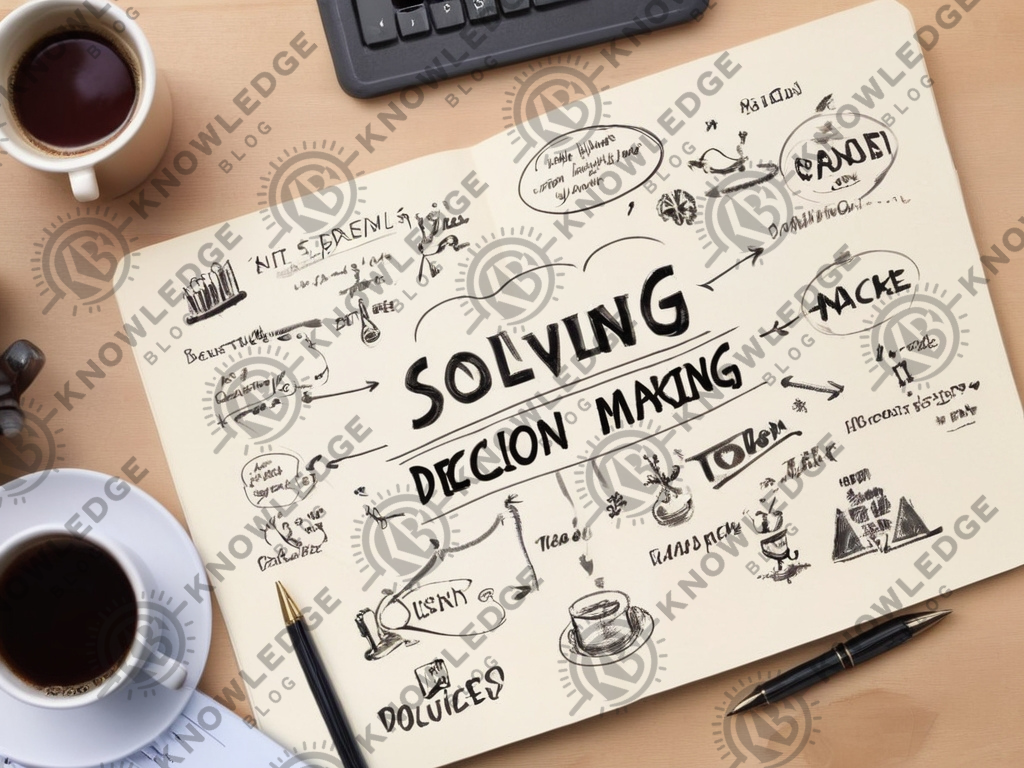
Problem solving and decision making are fundamental cognitive processes that play a pivotal role in both our personal and professional lives.
These skills enable us to navigate the complexities of the world, address challenges, and achieve our goals.
This introduction sets the stage for a deeper exploration into the nuances of problem solving and decision making, highlighting their significance, the steps involved in each process, and strategies for enhancing these essential soft skills.
What Is Problem Solving and Decision Making
Problem solving and decision making are critical cognitive processes that enable individuals and groups to address challenges and make choices respectively.
Both are essential for personal and professional success, and they often overlap in practice.
Problem Solving
Problem solving involves identifying an issue and developing, implementing, and assessing solutions.
It’s a step-by-step process that typically includes:
- Identifying the Problem
- Analyzing the Problem
- Generating Solutions
- Evaluating and Selecting Solutions
- Implementing the Solution
- Reviewing and Reflecting
Related Article: Good Books for Self-Growth: A Comprehensive Guide
How to gain problem solving skill
Gaining proficiency in problem-solving skills is a dynamic process that involves both understanding theoretical principles and engaging in practical application.
Here’s a structured approach to enhance your problem-solving skills:
Educate Yourself
- Understand the Process: Familiarize yourself with the steps involved in problem-solving, which typically include identifying the problem, analyzing it, generating solutions, choosing a solution, implementing it, and reviewing the outcome.
- Learn from Various Fields: Problem-solving techniques can vary across different domains such as business, engineering, mathematics, and psychology.
Practice Critical Thinking
- Question Assumptions: Regularly challenge the status quo and ask whether there are underlying assumptions that need reevaluation.
- Develop Analytical Skills: Break down complex situations into smaller, manageable parts to better understand them.
Enhance Your Creativity
- Brainstorming: Allow yourself to brainstorm ideas without judgment. Quantity can lead to quality in generating solutions.
- Cross-Pollination of Ideas: Look for solutions in different fields or industries that can be adapted to your problem.
Improve Decision Making
- Learn Decision-Making Techniques: Familiarize yourself with tools like SWOT analysis, cost-benefit analysis, and decision trees to make informed choices.
- Reflect on Past Decisions: Regular reflection can help you understand what worked, what didn’t, and why.
Develop Emotional Intelligence
- Manage Stress: stress may effect cloud judgment. Learning to manage stress can help you remain objective and effective in solving problems.
- Empathy: Understanding others’ perspectives can offer new insights into problems and how they impact people.
Practice with Real Problems
- Start Small: Begin with everyday problems to practice and build your confidence.
- Volunteer for Challenges: Actively seek out problems to solve, whether in your personal life, at work, or in your community.
Learn from Failure
- Embrace Mistakes: View failures as learning opportunities. Reflect on what went wrong and why.
- Persist: Problem-solving often requires multiple attempts. Persistence is key to finding effective solutions.
Seek Feedback
- Mentorship: A mentor with strong problem-solving skills can provide invaluable guidance.
- Peer Review: Discussing your problem-solving process with peers can offer new insights and help you refine your approach.
Stay Informed
- Continuous Learning: Stay up-to-date with new problem-solving methods and technologies.
- Expand Your Knowledge Base: A broader knowledge base can provide more angles from which to approach a problem.
Use Technology and Tools
- Leverage Software: Many software tools are designed to aid in problem-solving, from simple organizational tools to complex simulation software.
- Online Resources: There are numerous online courses, workshops, and resources dedicated to enhancing problem-solving skills.
Related Article: What Are Soft Skills? The Definitive Guide
Decision Making
Decision making, on the other hand, is the process of choosing among available alternatives to achieve a desired outcome.
It involves:
- Identifying the Decision
- Gathering Information
- Identifying Alternatives
- Weighing Evidence
- Choosing Among Alternatives
- Taking Action
- Reviewing the Decision and Consequences
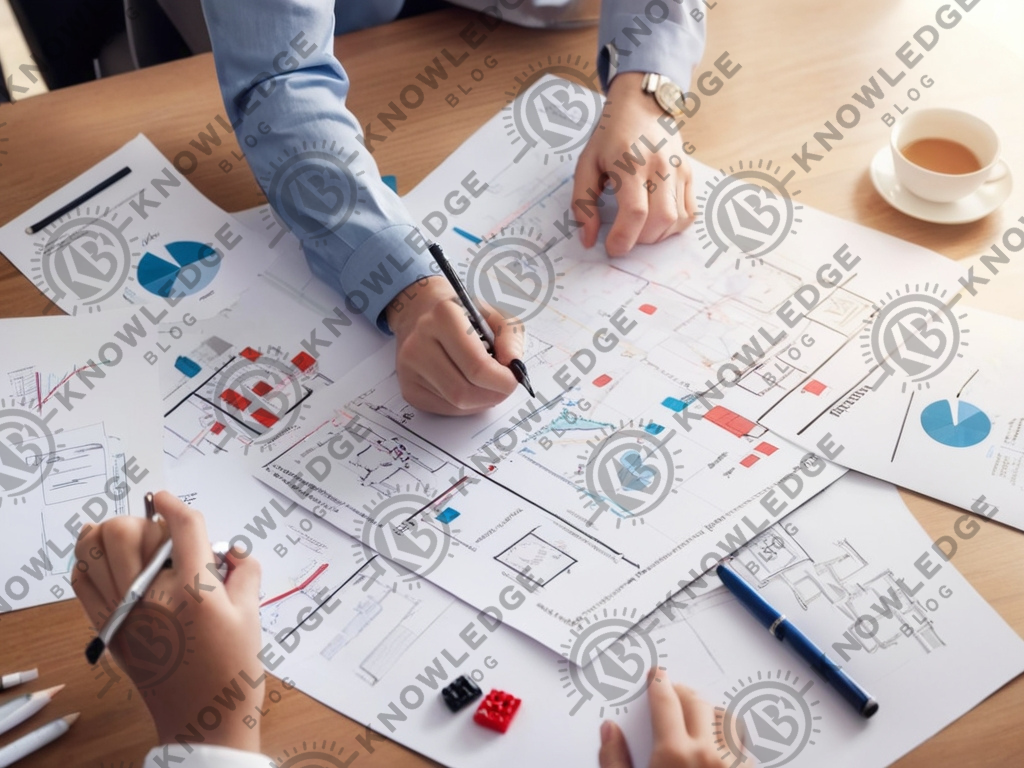
How to Be Better at Decision Making
Becoming better at decision making is a valuable skill that can enhance both your personal and professional life.
Here are several ways to improve your decision-making abilities:
- Clarify Your Goals: Start by understanding what you aim to achieve. Clear goals can help guide your decisions by providing a benchmark against which to evaluate your options.
- Gather Information: Collect relevant data and information. The quality of your decision is often proportional to the quality and completeness of the information you have.
- Consider a Wide Range of Alternatives: Don’t settle on the first option that comes to mind. Generate and explore a broad set of alternatives to ensure you’ve considered a wide range of possibilities.
- Evaluate the Risks and Benefits:For each alternative, weigh the pros and cons. Consider using decision-making tools like pros and cons lists, decision matrices, SWOT analyses, or cost-benefit analyses to help in evaluation.
- Think Long-Term: Consider the long-term implications and consequences of your decision. Immediate gains might not always lead to long-term success.
- Check Your Biases: Acknowledge and attempt to minimize cognitive biases that can affect decision making, such as confirmation bias, availability bias, or overconfidence.
- Embrace Emotional Intelligence: Understand and manage your emotions, as they can significantly influence decision making. Recognize when your decisions might be overly emotional and strive to balance emotion with reason.
- Seek Diverse Perspectives: Consult others to get different viewpoints. .
- Practice Decisiveness: Work on becoming more decisive by setting time limits for making decisions. Not every decision requires exhaustive deliberation; learn to recognize when it’s time to move from contemplation to action.
- Learn from Your Decisions: Reflect on the outcomes of your decisions. What worked well? What didn’t? Understanding the consequences of your decisions is crucial for improving your decision-making skills over time.
Conclusion
Both problem-solving and decision-making are essential skills that significantly influence personal and professional success.
They are interconnected processes that involve identifying challenges or choices, analyzing information, considering alternatives, and implementing solutions or actions. To enhance these skills, it’s important to engage in a cycle of continuous learning, application, reflection, and adaptation.
Ultimately, the journey to enhance problem solving and decision making is ongoing and dynamic. It requires persistence, a willingness to learn from mistakes, and the capacity to adapt based on new insights and information.


